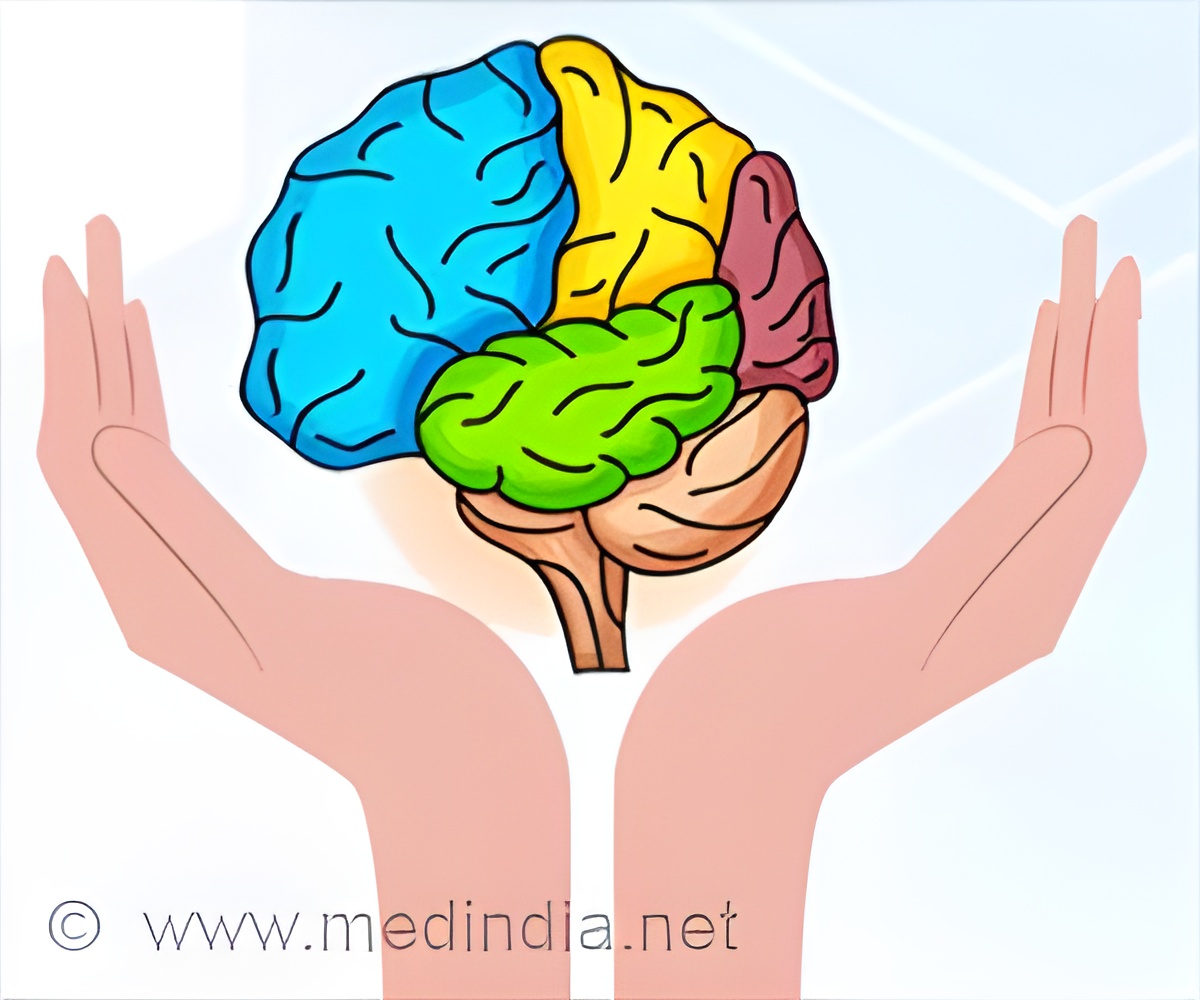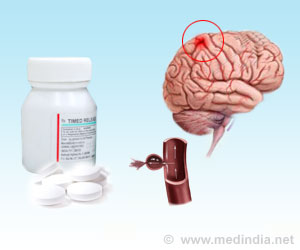
‘Almost two-thirds of people who have suffered strokes have good mental health, reveals a new study.’
Read More..Tweet it Now
"It is so heartening to learn that the vast majority of stroke survivors are in optimal mental health, indicating amazing resiliency. Many research studies, including my own earlier publications, have focused on post-stroke depression and suicidal thoughts. This is a paradigm shift to examine stroke survivors who are mentally flourishing" said Professor Esme Fuller-Thomson, lead author of the study and Sandra Rotman Endowed Chair and Director of the Institute for Life Course and Aging at the University of Toronto.Read More..
"Our definition of 'complete mental health' sets a very high bar, requiring that respondents were happy and/or satisfied with their life on an almost daily basis and that they were free of suicidal thoughts, substance dependence, depression and anxiety disorder for the past year" stated Fuller-Thomson.
This study shed new light on factors associated with complete mental health among stroke survivors. Having a confidant and being free of chronic pain were important predictors. In contrast, a history of childhood maltreatment and a lifetime history of mental illness decreased one's likelihood of achieving complete mental health after a stroke.
"One of our most exciting findings was the fact that stroke survivors with at least one confidant were four times more likely to be in complete mental health in comparison to those who were socially isolated. This suggests targeted interventions for socially isolated and lonely patients may be particularly helpful in optimizing well-being after a stroke" said co-author Lisa A. Jenson, a recent University of Toronto MSW graduate.
"Not surprisingly, we found that stroke survivors with chronic and disabling pain had much lower odds of complete mental health. Other research indicates that post-stroke pain is often underdiagnosed and undertreated. These findings highlight the importance of health professionals vigilantly assessing and treating stroke survivors for chronic pain" stated Jensen.
Advertisement
The study was based upon a nationally representative community sample of 11,157 Canadians aged 50 and older, of whom 300 were stroke survivors. Those living in long term care facilities were not included in the survey, so the study does not include some of the most seriously impaired stroke survivors. The authors emphasize that the findings can only be generalized to older Canadians who are living in the community but not in institutions.
Advertisement
Source-Eurekalert















